
Muhammad Yunus, the interim leader of Bangladesh’s caretaker government, has thrown a political curveball by announcing that general elections will be held in April 2026. Though he stopped short of giving a specific date, this declaration has already reshaped the power play between political parties, the military, and civil society.
The announcement comes after sustained pressure from both political heavyweights and the military. Yet, it flies in the face of demands from the Bangladesh Nationalist Party (BNP) and the army—both of whom insisted on holding polls before the end of this year. The BNP, currently the dominant political force, argued that April is a poor choice given the overlapping challenges of the summer heat and the Islamic holy month of Ramzan. The military, on its part, emphasized that unelected governments should not dictate the electoral calendar.
What’s at Stake?
Yunus’s decision buys him valuable time, nearly a full year, to implement his promised reforms. But critics argue this also secures his grip on power longer than necessary. Many view this delay as a tactical move to provide breathing space for the student-led National Citizen Party (NCP), a relatively new entrant to the political battlefield, which could benefit from the extended runway to organize and campaign.
Since taking over in August 2024 following the ouster of the Sheikh Hasina regime, Yunus’s caretaker government has pushed three core agendas: justice, reform, and polls. While the commitment to justice has led to some visible action, particularly in holding officials accountable for abuses during the Awami League’s final years, many observers believe the reform narrative is more performative than transformative.
Rewriting History or Correcting It?
Yunus’s critics suggest a deeper agenda at play: erasing the legacy of Sheikh Mujibur Rahman, the founding father of Bangladesh and the symbol of the Awami League’s ideological foundation. The administration's tone suggests less reverence for Mujib’s historic contributions and more focus on distancing Bangladesh’s future from its Awami past.
Supporters, however, argue that the current administration is taking bold steps to correct institutional rot, especially after years of increasingly authoritarian rule. The jury is still out on whether Yunus genuinely intends to deliver on his promise of free and fair elections—or whether April 2026 is just a smokescreen for political engineering.
A Test of Democracy
What happens next could redefine Bangladesh’s democratic trajectory. The political temperature is rising, and April 2026 might feel very far away to voters hungry for stability, representation, and justice. The countdown has begun—not just to a date, but to a test of Yunus’s integrity, intent, and ability to walk the talk.


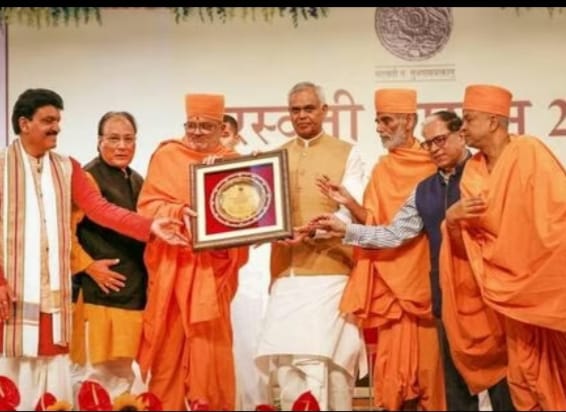
.jpeg)

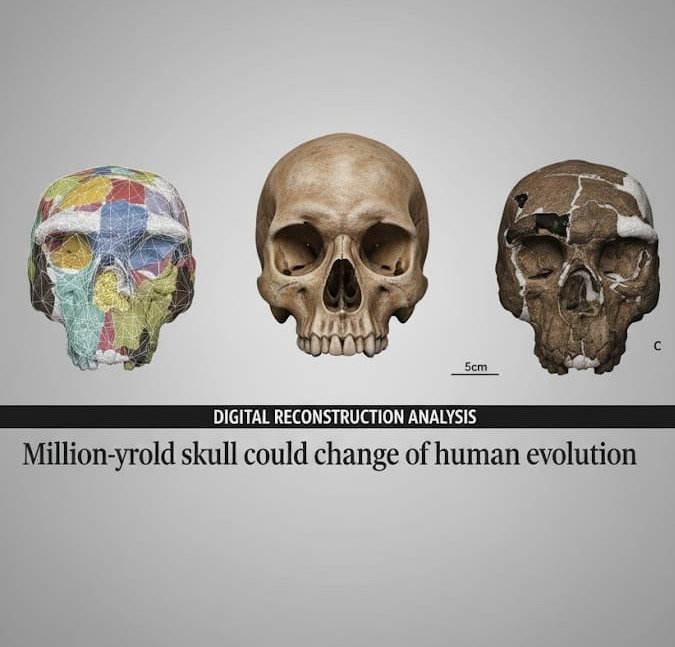
.jpeg)


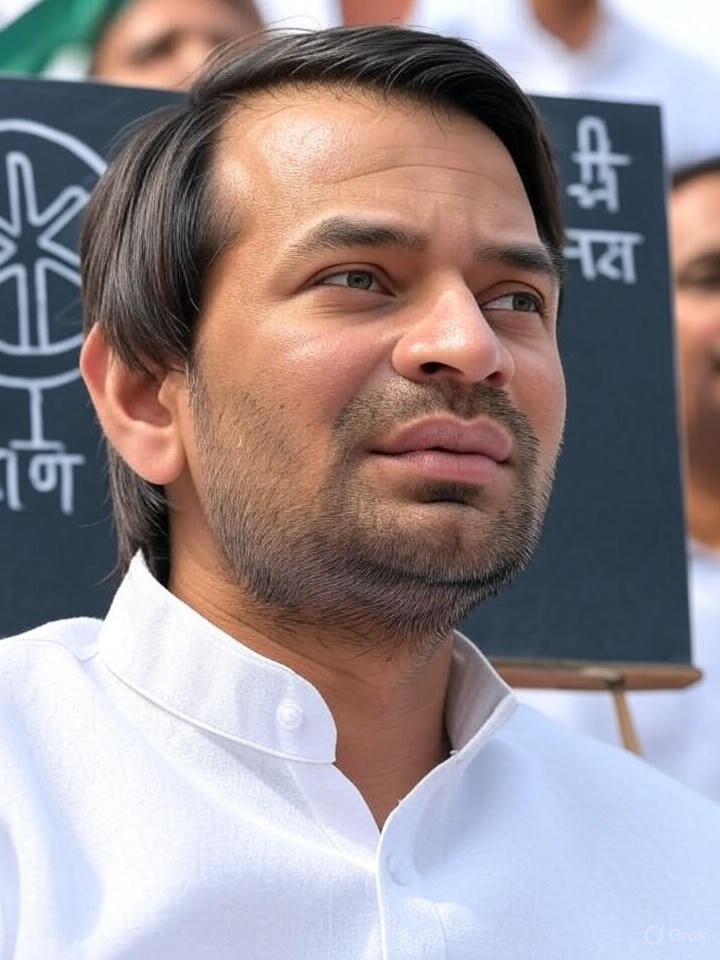
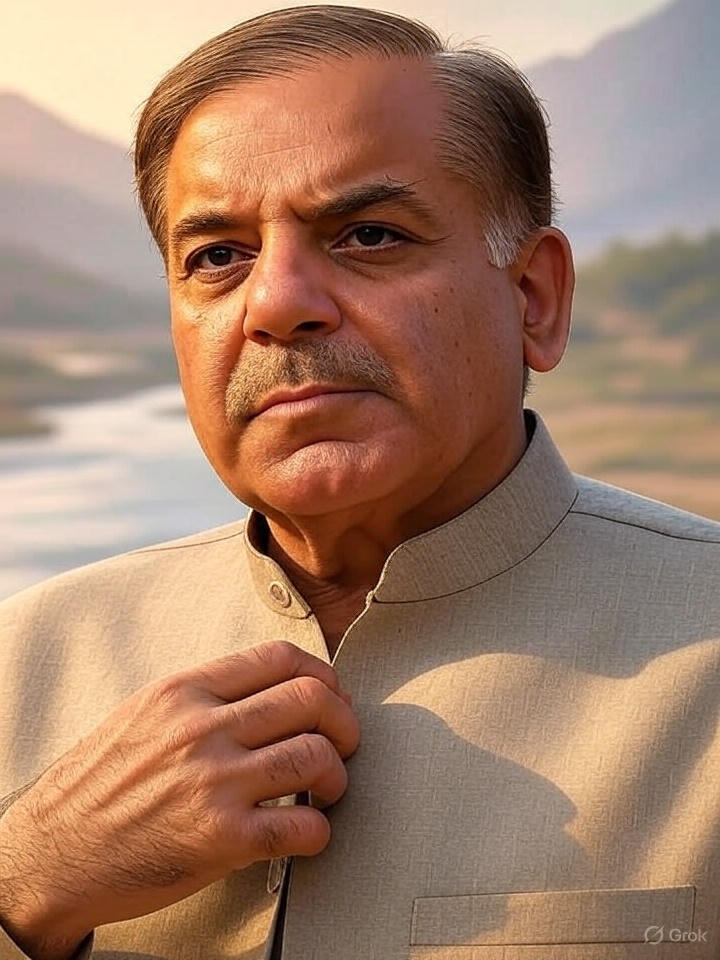
.jpeg)
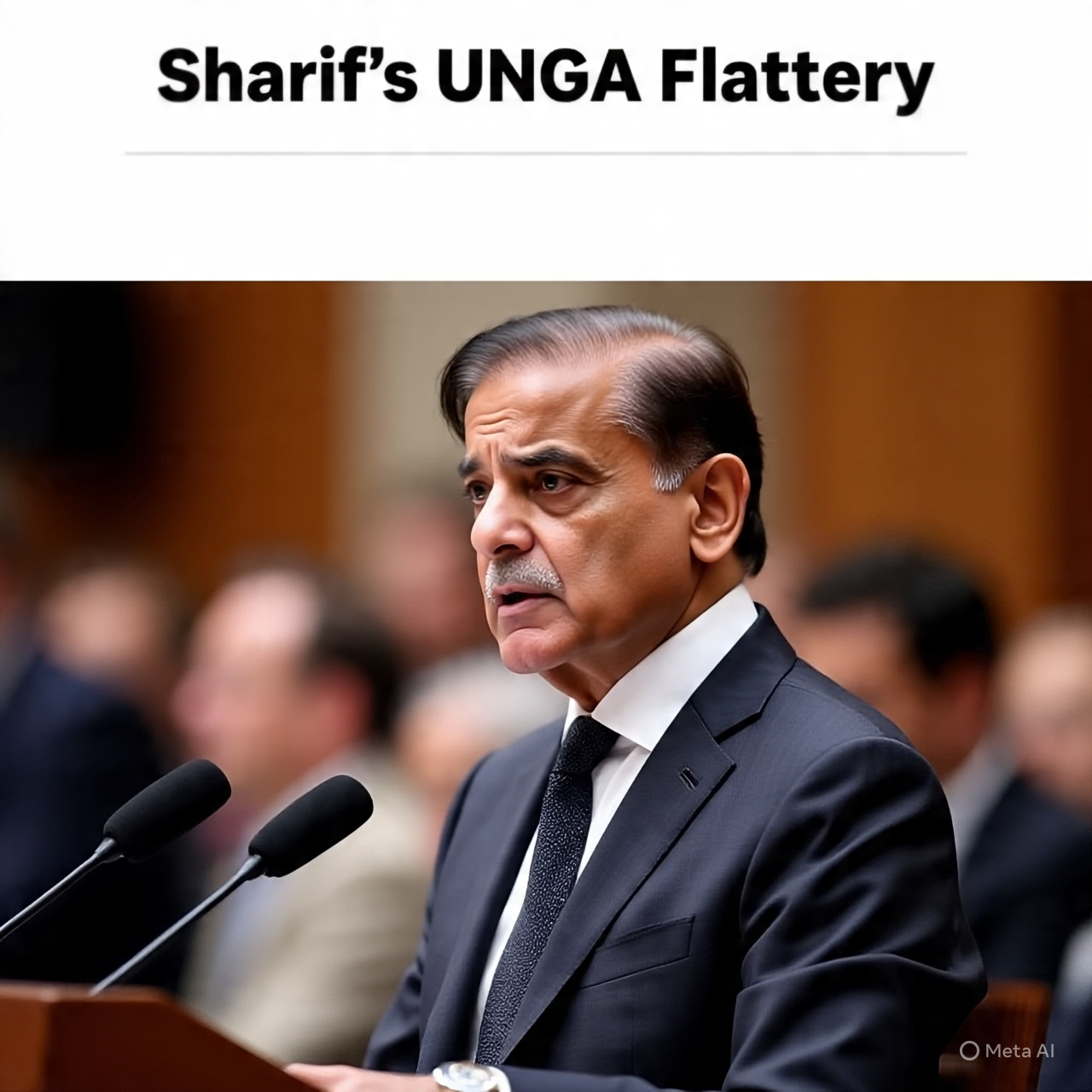
.jpeg)
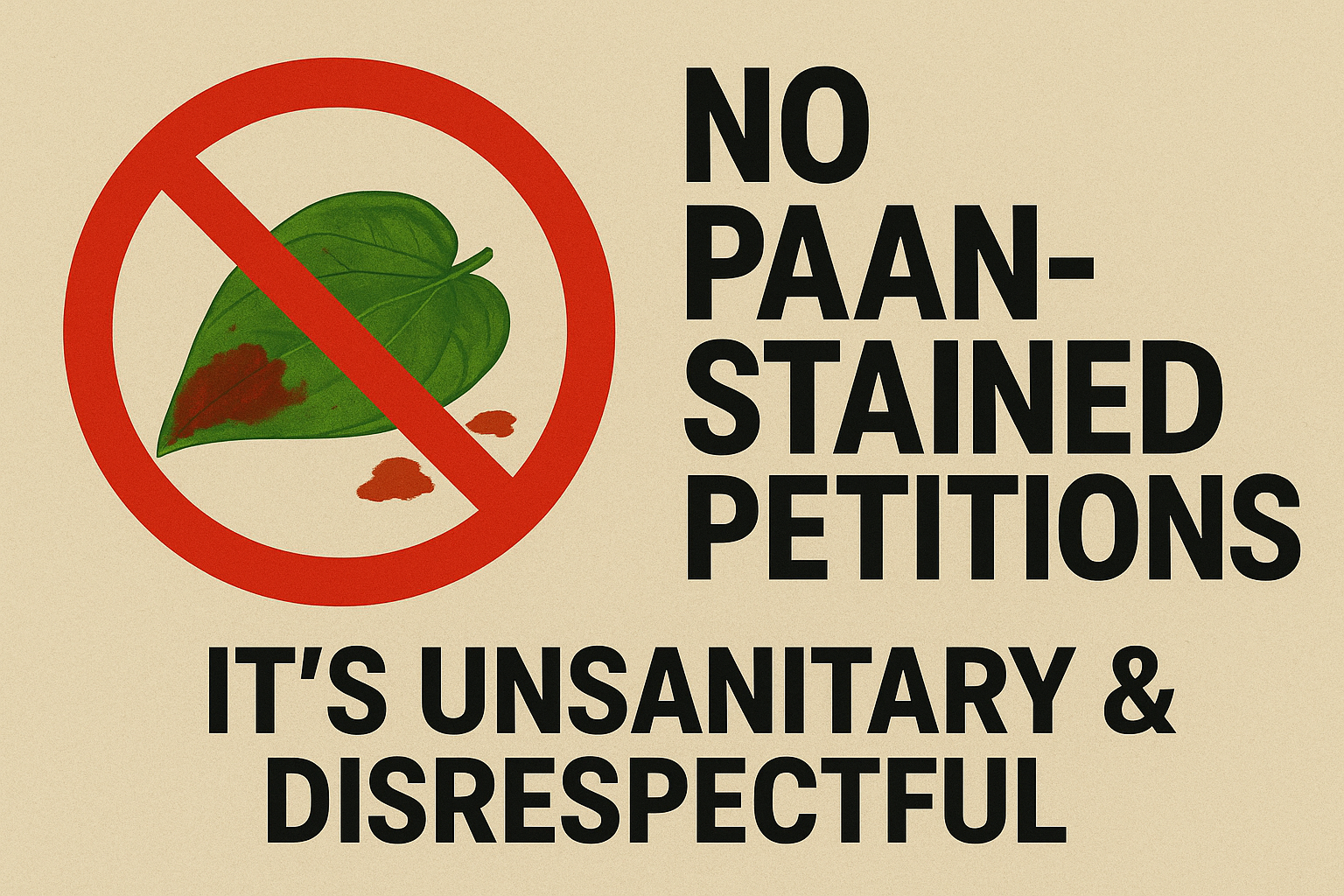

.jpeg)

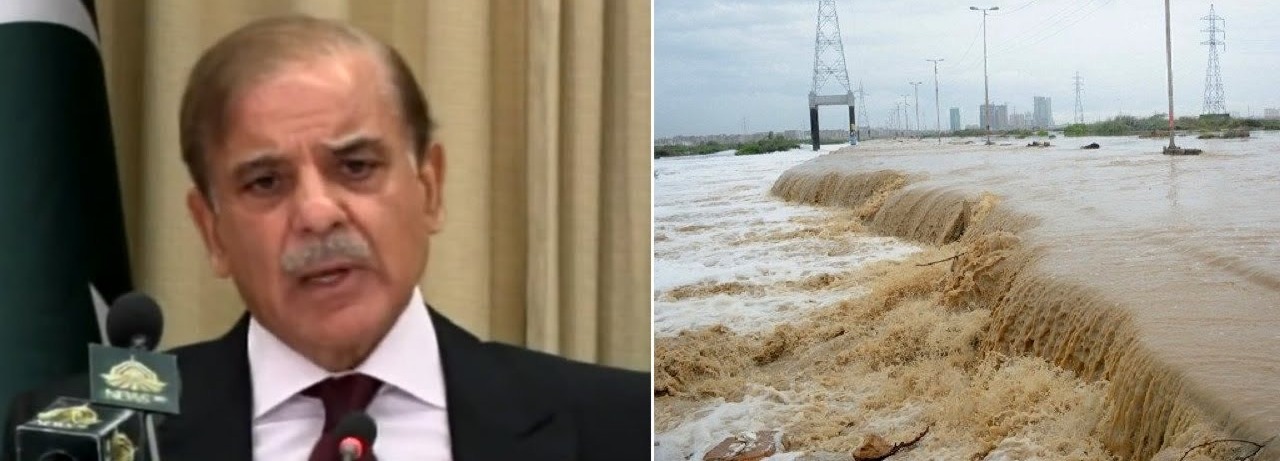
.jpeg)
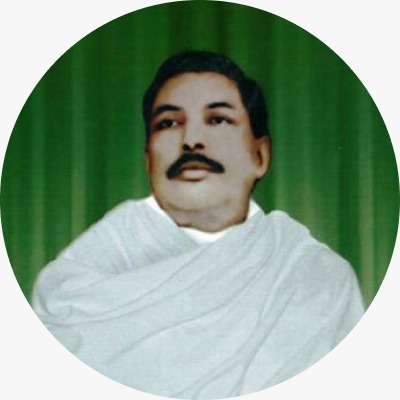
.jpeg)